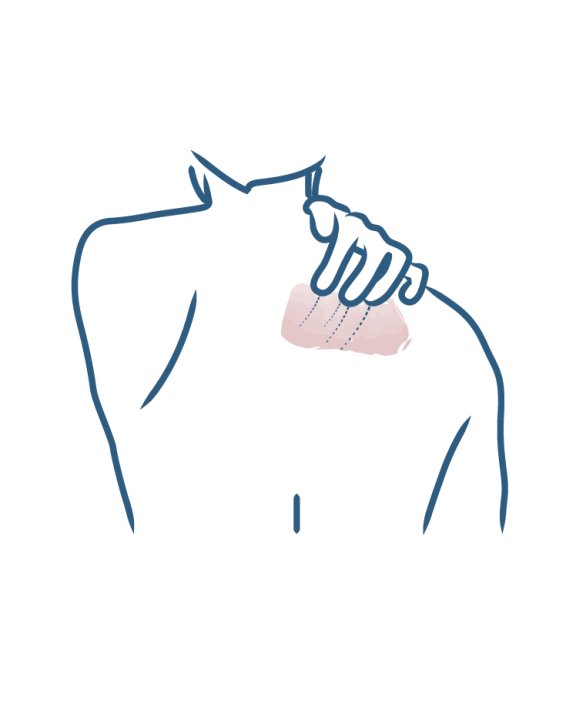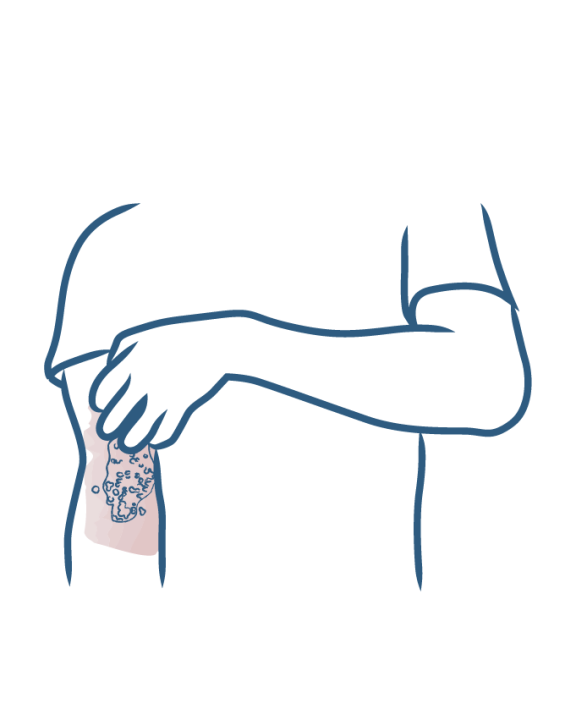- SUMMARY
- Eczema
Living with eczema day to day
- Living with eczema day to day
- What are the habits to avoid when you have eczema?
- Eczema cream, ointment: what should you use?
- What soap should be used for eczema?
- Swimming pool, swimming when you have eczema?
- Eczema: can it be cured?
- Eczema: how to treat itching
- Eczema: what foods should you eat?
- Eczema: What daily reflexes should you adopt?
- Which detergent should eczema patients use?
- Eczema: how can flare-ups be avoided?
- What causes eczema?
- Clothing contact eczema
- Perspiration-induced eczema
- Contact eczema due to cosmetics
- Contact eczema due to medication and topical treatments
- Hereditary eczema
- Contact eczema due to cleaning products
- Contact eczema due to nickel and chromium
- Allergy-induced eczema
- Stress-induced eczema
- Body eczema: hands, feet, arms, back, face, etc.
- Arm eczema (elbows, armpits, forearms)
- Foot eczema
- Eczema in the ears
- Scalp eczema
- Eczema on the back
- Eczema on the stomach and belly button
- Eczema around the mouth
- Leg eczema or varicose eczema
- Eczema of the eyelids, eyes or palpebral eczema
- Eczema on the neck and nape of the neck
- Facial eczema
- Hand and finger eczema (chronic hand eczema)
- What is infantile eczema?
- Eczema in babies: what habits should you adopt?
- How should you treat baby’s and infant’s eczema?
- When should you consult a physician about your baby's eczema?
- Cortisone cream to relieve eczema?
- What soap should be used for babies with eczema?
- Eczema in babies and children: the areas most often affected

Living with eczema day to day
Eczema is a skin condition which affects quality of life, in the same way as diabetes or asthma. In order to live with eczema day to day, it is necessary to go through an acceptance phase and, above all, to fully understand the condition. Discover all our advice:
Eczema: can it be cured?
Eczema is a chronic disease, which alternates between flare-ups and periods of remission. It is impossible to predict how the disease will progress over time: it may improve or completely disappear after a few years. However, it may also last a lifetime or reoccur after several years in remission...
Which cream/ointment should be used to treat eczema?
It is essential to be ready to treat an eczema flare-up as soon as it occurs. Basic treatment involves using various creams which the patient must gradually learn to apply. Topical corticosteroids and medical devices such as repairing and soothing creams are applied to the red plaques, while an emollient is used everywhere else, and in particular, on the driest areas of skin. There are many eczema creams available on the market so you will sometimes need to test a few different ones before finding the treatment that best suits you and which can therefore by applied daily without too much difficulty.
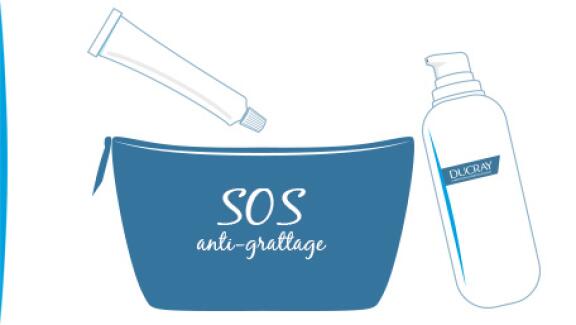
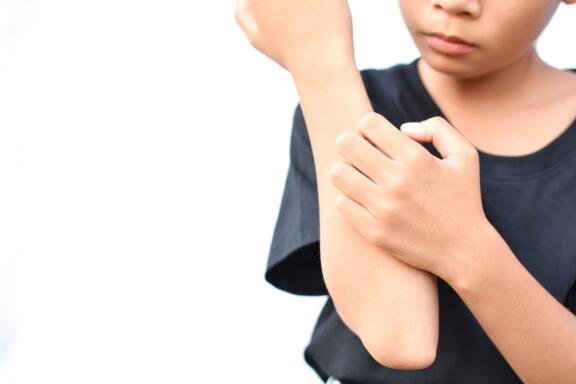
Eczema: how to treat itching
For the most part, itching can be relieved with treatment, however it may persist, causing the patient to scratch, and eczema lesions to last longer. Everyone has their own technique to stop itching and end the vicious circle: cold treatments in all their forms (thermal spring water, stones, the back of a spoon, etc.) work well because they "anesthetize" the eczema plaques and therefore reduce itching. Once again, each individual must experiment with different techniques and choose the solution that works best for them.
Eczema: What daily reflexes should you adopt?
Once eczema occurs, it affects all aspects of daily life. Families are encouraged to adopt appropriate daily habits, and these should become genuine reflexes. . In the first instance, it is important to get used to applying the treatment. Taking a few minutes every day to apply baby's creams correctly is the best way to control the disease. For everything else, there are simple and handy tips for all aspects of daily life: cleansing, getting dressed, leisure time, holidays, etc.

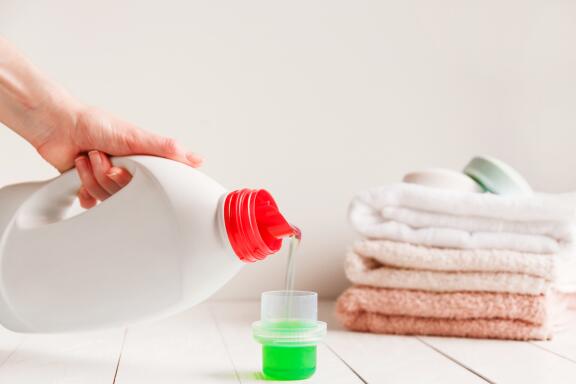
Which detergent should eczema patients use?
Doing laundry is an important aspect of daily family life. Take note, however: you don't have to test a thousand different types of detergent! Or buy the most expensive type...This is a typical reaction of families affected by eczema, despite the fact that the condition is rarely caused by detergent.
What are the habits to avoid when you have eczema?
Conversely, certain habits should be completely avoided if you have eczema. For example, scratching eczema lesions is strongly advised against, as this can make them last longer, become aggravated and even infected.
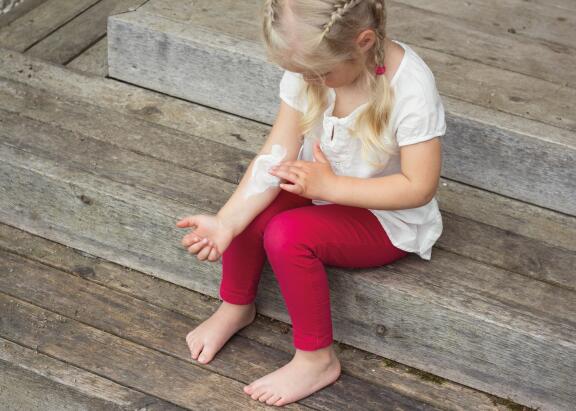
Eczema: how can flare-ups be avoided?
"Prevention is better than cure": it is often preferable to prevent eczema flare-ups, and to avoid them. The best method of prevention is to comply with treatment and to avoid all of the triggers identified, as far as possible.
Eczema: what foods should you eat?
Food is often implicated as a cause of eczema. However, eczema is not a food allergy! Food is only involved in a small percentage of cases and, even when it is a factor, this should not result in following a restrictive diet without seeking medical advice. With the exception of food allergies identified during a specific test by an allergist, a child or adult with eczema should be allowed to eat any food, in reasonable quantities.


In all cases
Patients with eczema need to feel confident and be able to talk about the disease, about what bothers them, and about things they are unsure of. Over time, they may become frustrated with the disease and the treatments: they become fed up with eczema, the creams, and having to watch out for this or to avoid that...
It is essential to have a good relationship with the dermatologist who is treating the disease. Other healthcare professionals can be particularly helpful: pharmacists, general practitioners, psychologists, etc. Family and friends often want to help but they are not always fully aware of the problems faced on a daily basis.
Living with eczema day to day is about learning to cope with other people staring, not being afraid or ashamed, and being proud of who you are. Eczema should not stop patients from going out, meeting new people, being attractive to others, wearing what they want...or quite simply from living their life.
Our care routines
Skin prone to atopic eczema, contact eczema, chronic eczema and/or, eyelid eczema
Dermatological expertise
To better understand your skin and hair, discover our exclusive content and innovative care products designed to improve your quality of life..



